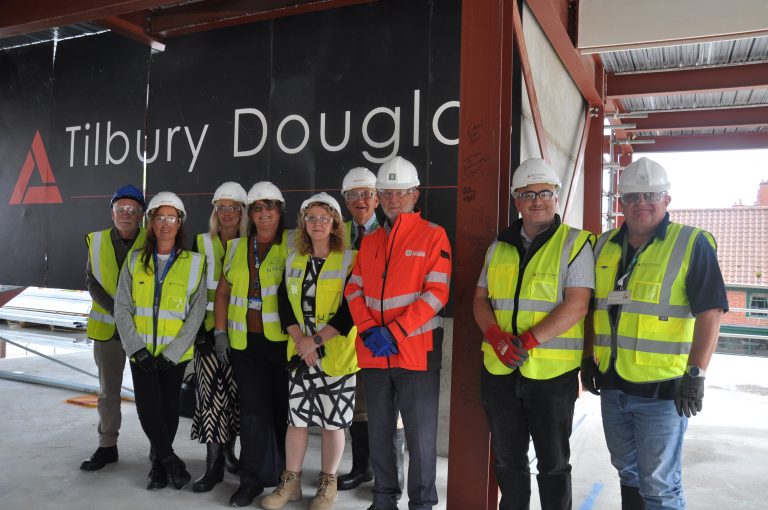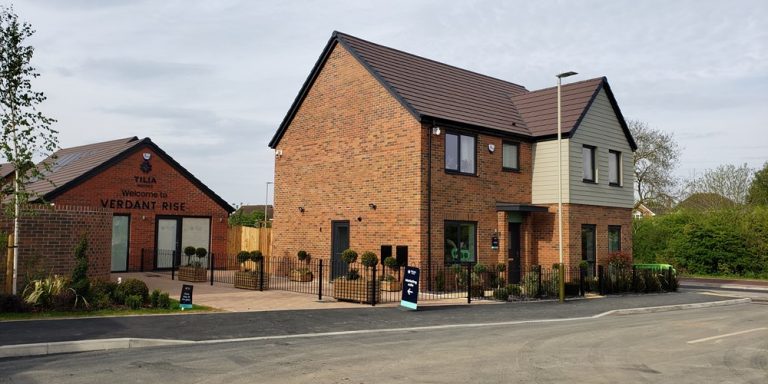Leicestershire County Council has appointed Taylor Woodrow to deliver early contractor involvement for the A511 upgrade between Coalville and Ashby-de-la-Zouch. The £65 million scheme targets congestion reduction, improved journey times, and enhanced safety along the corridor.
Pre-construction planning will be undertaken by Taylor Woodrow before the commencement of the main construction phase, which is scheduled to begin in 2026. The project forms part of the Major Road Network growth corridor and covers multiple locations between the A42 junction 13 near Ashby-de-la-Zouch and the A50 Field Head roundabout near Markfield.
Planned works include converting a section of Stephenson Way from single to dual carriageway and building a new link road from the A511 Bardon Road roundabout to the Grange Road housing development. Funding comprises a provisional £41.7 million from the Department for Transport, with the remainder provided through Section 106 contributions from the private sector. Government support was reconfirmed in July 2025, pending approval of the final business case.
Taylor Woodrow has experience delivering high-profile infrastructure projects, which will be leveraged to refine the scheme and minimise disruption ahead of full construction. The appointment represents a key step in progressing regional connectivity and supporting planned growth in Leicestershire.












